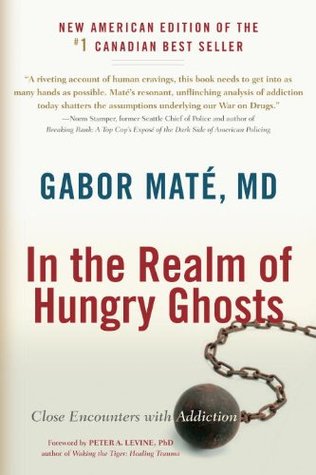More on this book
Community
Kindle Notes & Highlights
“People just need a space to be,” says Liz Evans, a former community nurse, whose upper-tier social background might seem incongruous with her present role as a founder and director of the PHS. “They need a space where they can exist without being judged and hounded and harassed. These are people who are frequently viewed as liabilities, blamed for crime and social ills, and … seen as a waste of time and energy. They are regarded harshly even by people who make compassion their careers.”
there is no chimera of redemption or any expectation of socially respectable outcomes, only an unsentimental recognition of the real needs of real human beings in the dingy present, based on a uniformly tragic past.
Others offer themselves because their compassionate hearts know that here is where love is most needed.
All I could offer was to walk beside them as a fellow human being, a kindred spirit.
Boredom, rooted in a fundamental discomfort with the self, is one of the least tolerable mental states.
American psychologist Carl Rogers described a warm, caring attitude, which he called unconditional positive regard because, he said, “it has no conditions of worth attached to it.” This is a caring, wrote Rogers, “[that] is not possessive, [that] demands no personal gratification. It is an atmosphere [that] simply demonstrates I care; not I care for you if you behave thus and so.”1 Unconditional acceptance of each other is one of the greatest challenges we humans face. Few of us have experienced it consistently; the addict has never experienced it—least of all from himself.
Addiction is centrifugal. It sucks energy from you, creating a vacuum of inertia. A passion energizes you and enriches your relationships. It empowers you and gives strength to others. Passion creates; addiction consumes—first the self and then the others within its orbit.


